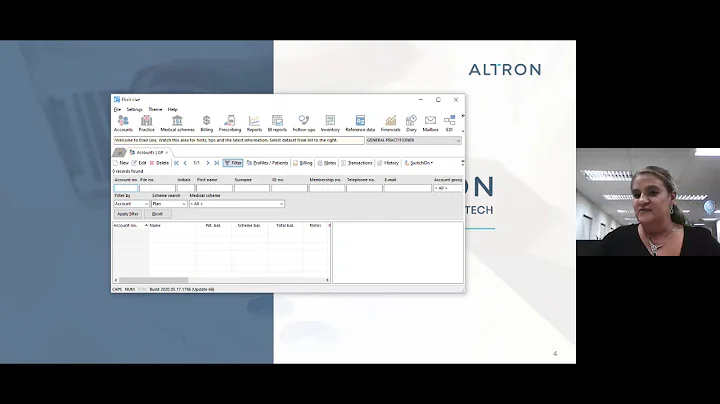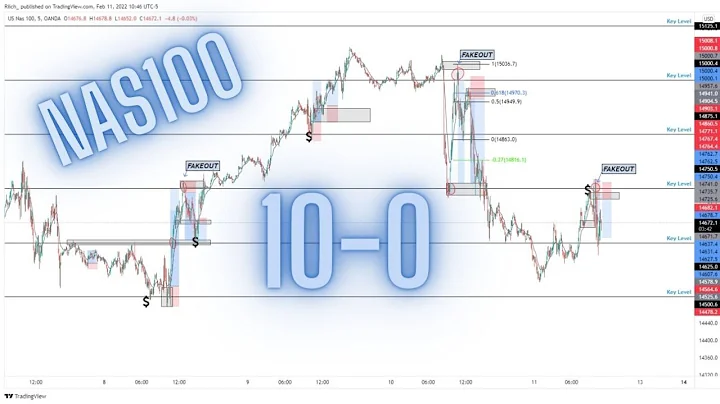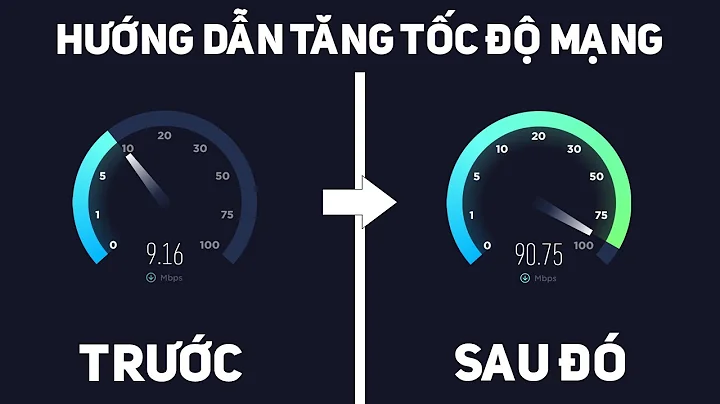When to use TaskEx.Run vs. TaskEx.RunEx
Solution 1
Use TaskEx.Run when you want to run synchronous code in a thread pool context.
Use TaskEx.RunEx when you want to run asynchronous code in a thread pool context.
Stephen Toub has two blog posts related to the difference in behavior:
This is only one of several options you have for creating tasks. If you do not have to use Run/RunEx, then you should not. Use simple async methods, and only use Run/RunEx if you need to run something in the background.
Solution 2
The difference between your two DoWork() methods is that the first one (that uses TaskEx.RunEx()) is not asynchronous at all. It executes fully synchronously, starts the other task on another thread, and immediately returns a completed Task. If you awaited or Wait()ed on that task, it wouldn't wait until the internal task is completed.
Related videos on Youtube
poco
Updated on June 04, 2022Comments
-
poco almost 2 years
I'm trying to understand when to use
TaskEx.Run. I have provided two code sample i wrote below that produce the same result. What i fail to see is why i would take theTask.RunExTaskEx.RunExapproach, I'm sure there is a good reason and was hoping someone could fill me in.async Task DoWork(CancellationToken cancelToken, IProgress<string> progress) { int i = 0; TaskEx.RunEx(async () => { while (!cancelToken.IsCancellationRequested) { progress.Report(i++.ToString()); await TaskEx.Delay(1, cancelToken); } }, cancelToken); } private void Button_Click(object sender, RoutedEventArgs e) { if (button.Content.ToString() == "Start") { button.Content = "Stop"; cts.Dispose(); cts = new CancellationTokenSource(); listBox.Items.Clear(); IProgress<string> progress = new Progress<string>(s => { listBox.Items.Add(s); listBox.ScrollIntoView(listBox.Items[listBox.Items.Count - 1]); }); DoWork(cts.Token, progress); } else { button.Content = "Start"; cts.Cancel(); } }I can achieve the same results like so
async Task DoWork(CancellationToken cancelToken) { int i = 0; while (!cancelToken.IsCancellationRequested) { listBox.Items.Add(i++); listBox.ScrollIntoView(listBox.Items[listBox.Items.Count - 1]); await TaskEx.Delay(100, cancelToken); } } private void Button_Click(object sender, RoutedEventArgs e) { if (button.Content.ToString() == "Start") { button.Content = "Stop"; cts.Dispose(); cts = new CancellationTokenSource(); listBox.Items.Clear(); DoWork(cts.Token); } else { button.Content = "Start"; cts.Cancel(); } } -
Sandra about 12 yearsActually that's not true... RunEx has to do with value returning lambda expressions... not asynchrony. Run handles async lambda's just fine.
-
svick about 12 yearsIn .Net 4.5 DP, there seems to be only
Task.Run(), noExes. -
Phil about 12 yearsTaskEx is in the CTP only. In .Net 4.5 the methods on TaskEx have been integrated into Task.
-
Stephen Cleary about 12 years@svick, @Phil: In .NET 4.5,
TaskEx.Runbecomes an overload ofTask.Run, andTaskEx.RunExalso becomes an overload ofTask.Run. -
Stephen Cleary about 12 years@Firoso:
RunExperforms an unwrapping of the inner task. If you pass an async lambda toRunin VS2010, it will work "just fine" -- if you don't care about when it completes. However, if you want the returnedTaskto complete when the async lambda completes, then useTaskEx. See this blog post or this blog post for more info.


















